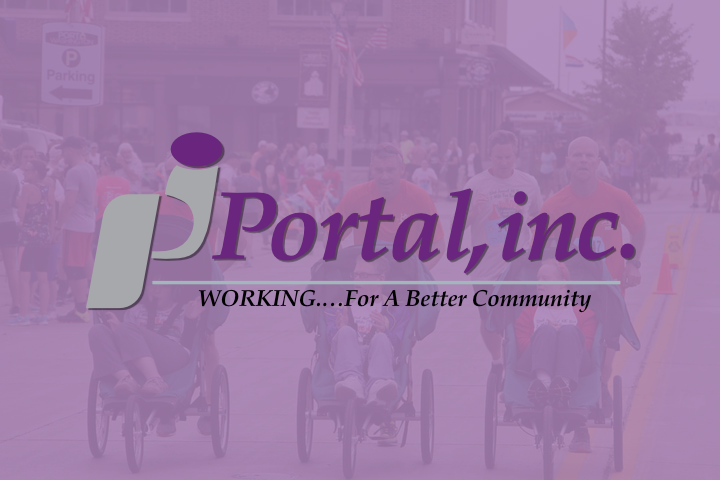
As long as people have been working, there has been a most underutilized and untapped labor pool of talented workers: people with disabilities—particularly people with intellectual and developmental disabilities (IDD). The department of labor statistics shows that workforce participation for working adults with IDD is 37.5%. The unemployment rate of people with IDD is twice that of their non-disabled counterparts.
Part of this is due to many myths and misconceptions about hiring people with IDD.
- Myth 1: All people with disabilities require job accommodations. The fact is that only 1 in 4 need accommodation, and many of those accommodations cost little to nothing. They can be as simple as maybe a clock that is visible. It could be a checklist or even just repositioning how people do their work. We sometimes actually find that these accommodations help others do the same job.
- Myth 2: Employees with Disabilities have higher absentee rates. Statistics show that people with disabilities do not miss work more than their non-disabled coworkers and, in some cases, have better attendance. We find that the people we support want to show up for work.
- Myth 3: People with disabilities are more likely to leave their jobs. On the contrary. Employees with IDD tend to find greater satisfaction with their job and want to stay longer. 91% of the people we support right now have been in their positions for over a year. In breaking that down a little bit, we have 28% of the people we work with have been in their job over a year, 32% have been with their job over five years, and 31% have been in their job over ten years. We are even working with people that have reached 20 years.
- Myth 4: People with disabilities will increase the worker’s compensation rates. The fact is that those rates are based solely on the relative hazards of the business itself and not on the different demographics of workers. Often, people with disabilities will try to be more careful, take more precautions, and are less likely to take a risk.
- Myth 5: Disabilities are always visible. Many people may have a learning disability or struggle with mental health issues. Invisible disabilities aren’t easy to spot and can include MS, autism, ADHD, brain injuries, mental illness, epilepsy, learning disabilities, chronic pain…the list goes on. Some disabilities will become more obvious once you get to know someone, but many are hidden unless they choose to tell you about them (Aruma, 2019).
There are a lot of other misperceptions out there, and these myths sometimes create barriers to hiring people with disabilities. Our goal at Portal is to eliminate those myths and show what a great workforce is for people living with disabilities.
Portal works with over a hundred employers in Ozaukee and surrounding counties. We work closely with each person referred to us. We get our referrals through the Division of Vocational Rehabilitation (DVR), which is part of the Department of Workforce Development in the State of Wisconsin. DVR funds Portal so when a person starts a job, DVR pays for the person to work with us to continue to receive long-term funding as long as they keep that position.
An Advantage of working with an agency like Portal Inc. is that we get to know each person individually. We get to learn their interests, skills, and abilities, and we use this information to look at businesses and match their skills with the company’s needs. When a person is hired, a job coach typically accompanies the person. We are enhancing the employee training. Our goal is for the person to fit into the workforce, be interdependent with their coworkers, and eventually reduce the need for a job coach.
If you are interested in learning more about what Portal Inc. offers, please visit Portalinc.org, or reach out at contact@portalinc.org
Portal Inc’s Mission is to enhance opportunities for people with disabilities to participate fully in their community as valued neighbors, productive workers, and respected citizens.
